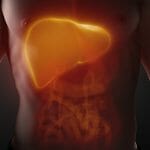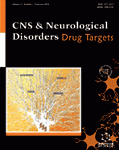The human digestive system is a complicated but vital process that breaks down the food we eat into the nutrients our bodies need. Digestion is a multistep process that begins in the mouth and ends in the large intestine. Along the way, food is broken down by enzymes, absorbed into the bloodstream, and finally eliminated as waste.
While digestion generally happens without any problems, there are occasional disruptions that can occur. Common digestive problems include heartburn, indigestion, constipation, diarrhoea, and bloating. Incorporating good dietary habits into our daily routine is a great way to ensure our digestive health stays in top shape. Eating plenty of fibre-rich foods, and incorporating supplements such as probiotics can all make a significant difference in maintaining healthy digestion. Many people suffer more serious conditions such as irritable bowel syndrome (IBS), inflammatory bowel disease (IBD), and gastro-oesophageal reflux disease (GERD). Digestive problems can be caused by a variety of factors, including diet, stress, and certain medical conditions.
Additionally, avoiding processed foods is key for good digestive health, as these often lack the necessary enzymes needed for proper digestion. Enzymes help break down food so that it can be easily absorbed by the body. Enzymes are found naturally in some foods, such as pineapple and papaya. They can also be taken in supplement form.









